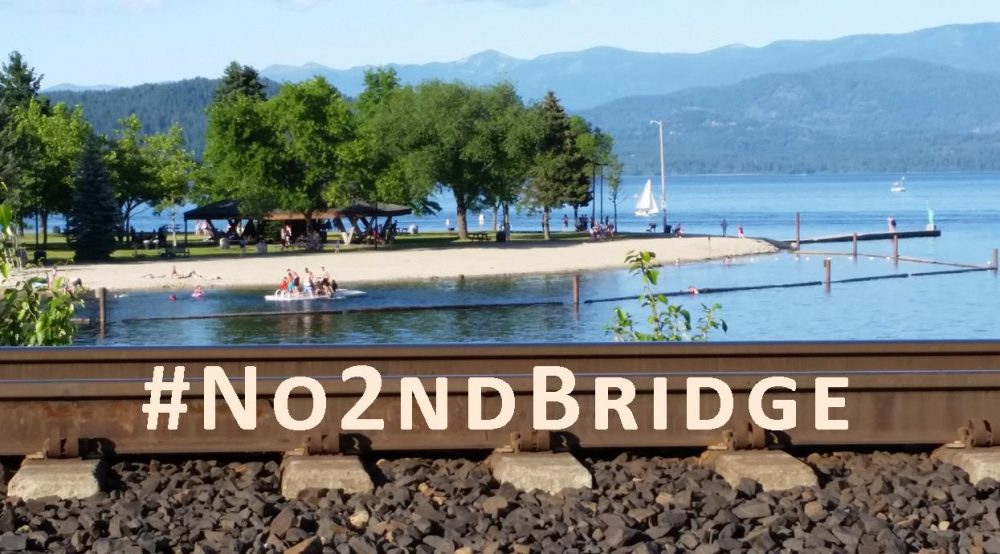SANDPOINT — Lake Pend Oreille Waterkeeper and the Sierra Club are hosting a forum Thursday to raise awareness of a plan that could dramatically increase coal train traffic through Bonner County.
The Coal Hard Truth forum starts at 6:30 p.m. at the Little Panida Theater on First Avenue.
Opponents of the plan contend that increased coal train traffic will heighten the odds of a derailment, foul water quality with coal dust and damage air quality with diesel pollution. There is also concern that the added train traffic will slow emergency response because traffic will be halted at-grade railroad crossings to let trains through.
Featured speakers at the forum include Sheriff Daryl Wheeler, Dr. Robert Truckner, small business owner and farmer Walter Kloefkorn and Shannon Williamson, executive director of Lake Pend Oreille Waterkeeper.
Critics of the proposals by Arch Coal and Peabody Energy estimate as many as 40 additional trains will be coming through the community.
Read more: Alarms Raised over Coal Train Traffic
(By Keith Kinnaird, news editor, Bonner County Daily Bee)
